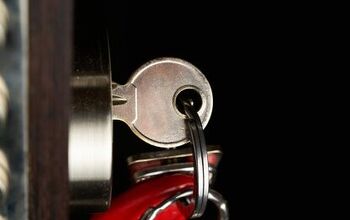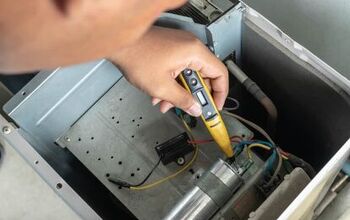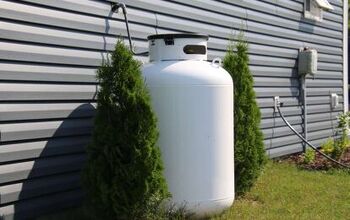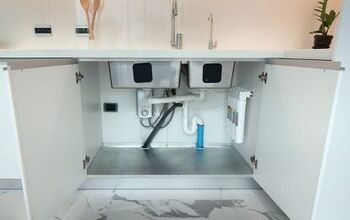GE Front Load Washer Keeps Pausing? (Possible Causes & Fixes)

GE washing machines are considered to be a great addition to any type of home setup imaginable. Their front loading washers are particularly popular. Among repairmen, they’re known for durability. However, this doesn’t mean they are infallible. At times, glitches happen. A common issue you might notice is a front loader that keeps pausing at random. Ever wonder what this means?
There are several reasons why your GE front loader could be pausing during a cycle. The most common issues include:
- The Wrong Detergent
- A Bad Water Valve
- Load Balance Issues
- A Bad Door Latch
- Bad Water Tube/Pressure
Those pauses often happen for pretty worrying issues. In order to fix (and hopefully prevent damage to) your GE washer, you’re going to need to know how to troubleshoot and fix things. To do that, you’re going to need to get a good idea of the common causes.
Do You Need Appliance Repair Services?
Get free, zero-commitment quotes from pro contractors near you.

Before You Begin: Check For Error Codes
If nothing else, GE is a great company when it comes to repairs. They do everything possible to try to make it easy to for you to fix your machine. That’s why they have a full error code guide. If you notice that your machine started to pause, check to see if your front loader model gave out an error code at its interface.
If it did, then you have a quick and easy way to diagnose and fix your problem. Search up the meaning to your error code in the manual, or via GE’s website. From there, you will have a good idea of what the machine’s computer system believes the problem to be. Don’t have any error message area? Don’t panic. Our next section is there to help out.
What Could Cause My Front Loading GE Washer To Pause?
There are a handful of causes that tend to be the culprits. Every time your machine pauses, it’s usually done because something is going off-kilter. Your machine is taking time to try to fix it. Here’s what could be going wrong…
1. The Wrong Detergent
We’re going to start off with the most common reason: using the wrong detergent. All GE machines need to use HE detergent, also known as “High Efficiency” detergent. If you recently switched detergents, check to see if the new brand is considered to be HE. (It’ll write it on the front of the jar.)
Not using HE detergent means your laundry load will be covered in way more suds than usual. All that froth and sudsing will make it hard for your washer to move, almost acting like a clog. This forces your washer to pause so that it can drain some of the suds out of your machine.
Thankfully this is a good, quick fix. Throw out your new laundry detergent, run to the store, and get some new HE detergent instead. Boom! Solved.
2. Bad Water Valves
Most GE washers will have two different water valves: a hot water valve and a cold one. If you have a clog or a leak in either water valve, your washer will begin to lag and pause. This is especially common when your machine is still getting loaded up with water or when you are trying to get a rinse cycle going.
Many washers will have a test mode for this called “t08” for hot and “t09” for cold. You can refer to your model’s manual to find out if this is available for your machine. If you don’t, you will have to see how water comes in through manual means. To do this, remove them and have the valves empty into a bucket.
If your water valves are bad, you may have a clog in them that’s reducing the pressure or temperature. If pressure is okay, then you just have bad valves and need to replace them.
3. Load Balance Issues
GE might make a good machine, but that doesn’t mean that it isn’t sensitive. Adding too much laundry to a load, or adding it unevenly, can cause regular pauses in your washer’s cycle. If you have been hearing out thunking and banging noises from the washer during the spin cycle, chances are that the pauses are the machine’s attempt at balancing things out.
A good fix to this is to hit the pause button and take out some of the laundry mid-cycle. Then, look and see if the pauses continue. If they don’t, then you learned a lesson about how to properly do your laundry. These tips can help:
- Wash similar materials together. Jeans are not going to weigh as much as linens when wet. If you have pairs of jeans that are in need of a washing (which, by the way, you shouldn’t do!), then you may need to layer the jeans with similar weighted items, like towels.
- Don’t fill up the washing machine more than halfway. Overstuffing your washing machine is a quick way to harm the balance and the rollers in your machine. It’s better to be safe than sorry, and that means keeping your loads small.
- Wash two pillows at a time. Place the pillows on opposite ends of the machine. This will make it easier for you to balance out the weight load.
- When in doubt, use common sense. Extremely heavy materials often will need to be stacked on opposite ends of the washing machine too. This prevents your jeans from all lumping in on one end of your front loader.
4. A Bad Door Latch
While this is not the most common reason why you might have a washer pause mid-cycle, it’s still a possibility. Modern GE washers all have sensors on the door latch area. If the door isn’t properly closed or can’t be kept closed, the washer will pause until the door can be properly shut. This leads to awkward pauses until you open the door to check on your clothes.
In most cases, you often tend to have a couple of clues that lead to it being a bad door latch. If you notice that your door feels loose, or if you need to close/pop the door back into place, then it’s the latch. It’s worth noting that your latch may be okay, but that the wiring to the sensors isn’t. You may need to have a professional take a look if that’s the case and your error message suggests it.
5. Bad Water Level Control/Water Pressure
So, the way that your water pressure and water level control work is simple. Your water pressure senses when there is enough water in the area. The water level control is what sends the “call” for more water. These two have to work together in order to make sure water levels stay regular.
If the water pressure sensor is off, then the washer won’t be able to figure out when to ask for more water or if the washer is fully loaded with water. On the other hand, if the water level control doesn’t work, then you might end up being unable to stop water from flowing in or draining out. Either way, this often means you will have to replace one or the other…or both.
Most of the time, you can usually get an idea of whether this is the issue from how your washer behaves during the water loading portion of the wash. If the water seems to take forever to get added to the wash, or if you notice that water is still being added as part of the overall process, this might be the problem.
Do You Need Appliance Repair Services?
Get free, zero-commitment quotes from pro contractors near you.

Related Questions
How do I reset my GE washer?
Start by pressing the POWER button to turn it off. Then, wait 10 seconds and unplug the washing machine. Press and hold the POWER button for five seconds after the power has been totally turned off. Plug the washer back in and turn it on. In most cases, this should be enough to reset the washer. If it’s not, check your owner’s manual to find out how to restart your particular model.
What makes a GE washer stop mid-way through the cleaning cycle?
There are several major reasons why a GE washer may end up stopping. Most of the time, this is due to a blown motor or a bad pump that runs the machine. However, it can also be caused by a glitchy computer system as well as a bad failsafe. The best way to figure out what’s going on is to run a full diagnostic on your machine or call a professional who can help you figure out what’s really going on.
Can you put Drano in a washing machine drain pipe?
If your washing machine’s drain pipe is clogged, then reaching for the Drano might be a good idea. Though it may be a little harsh, using Drano will remove the clogs in your washing machine’s drain pipes. We strongly suggest you use other methods before you turn your attention to this one. After all, Drano is notorious for being caustic. If it’s used too frequently, it could end up eating through your pipes.
Related Articles

Ossiana Tepfenhart is an expert writer, focusing on interior design and general home tips. Writing is her life, and it's what she does best. Her interests include art and real estate investments.
More by Ossiana Tepfenhart



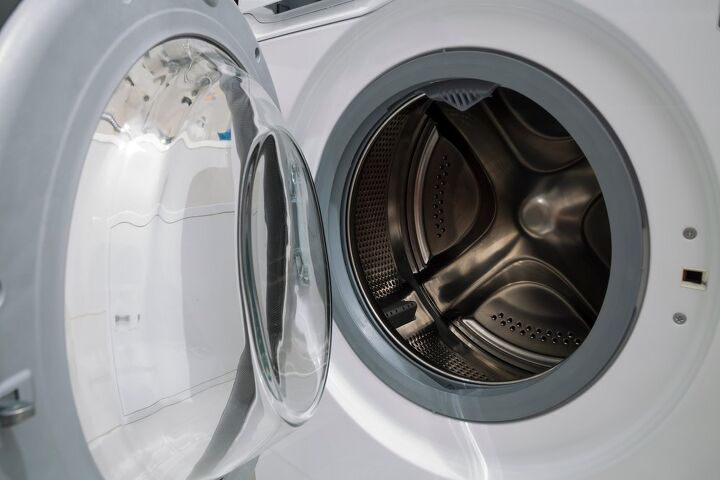






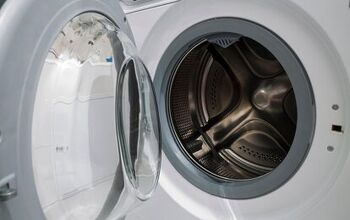
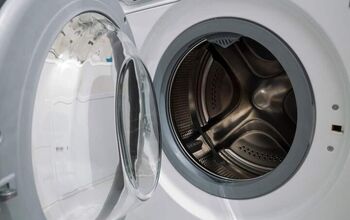
![Finishing Basement Without Permit [Is It Really Illegal?]](https://cdn-fastly.upgradedhome.com/media/2023/07/31/9070078/finishing-basement-without-permit-is-it-really-illegal.jpg?size=350x220)


